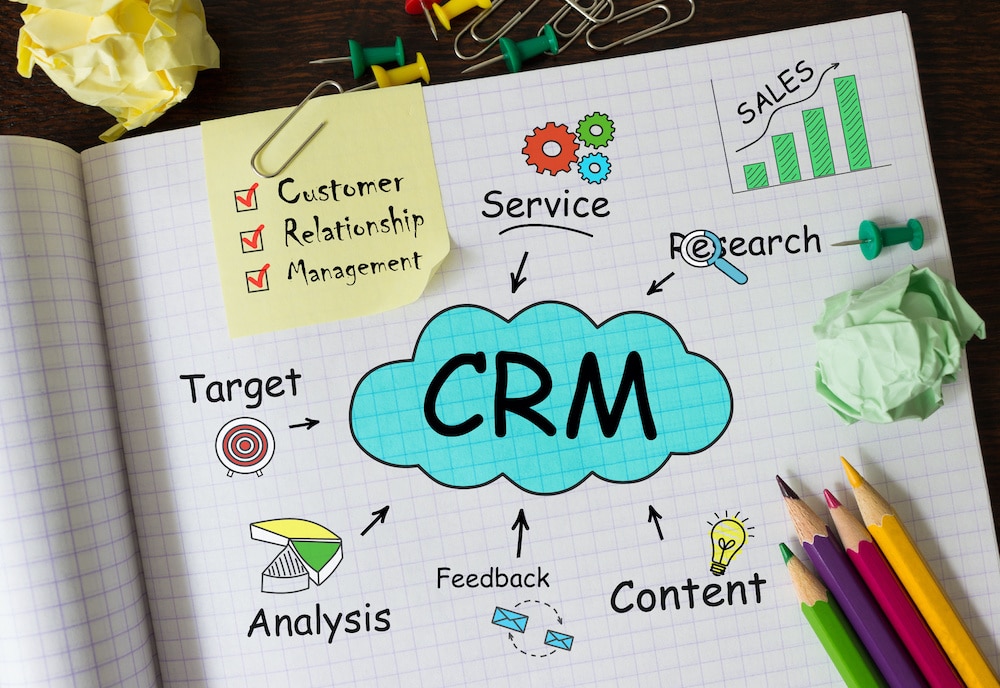When it comes to running a business, there can be a lot of tedious tasks, especially for business owners with small teams who wear several hats.
If you’re in charge of providing a product or service, acting as a customer service agent for your business, managing all customer communications, and overseeing your own business finances, the weight of those tasks can add up quickly.
As a small business owner, you want to be able to comfortably delegate tedious tasks to technology so you can better serve your customers and have time to actually grow your business. The best way to do this is to ensure that two of your most important systems can seamlessly work together: your CRM and your accounting software.













